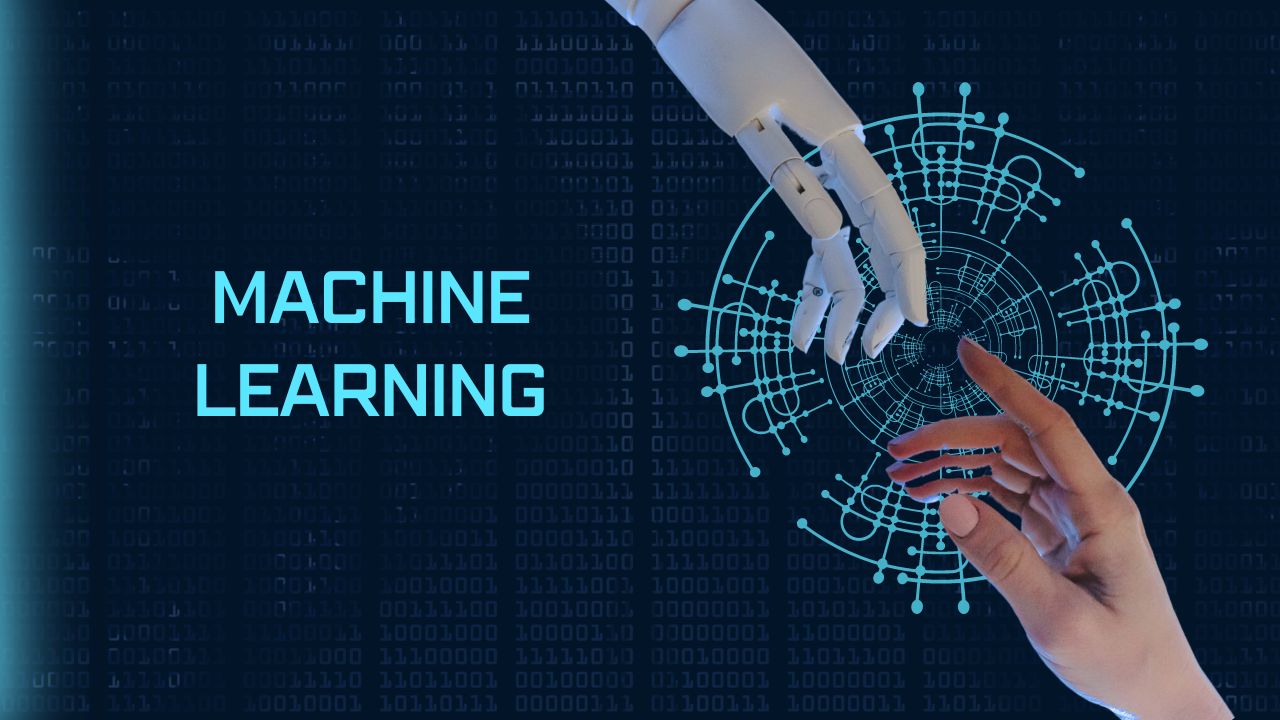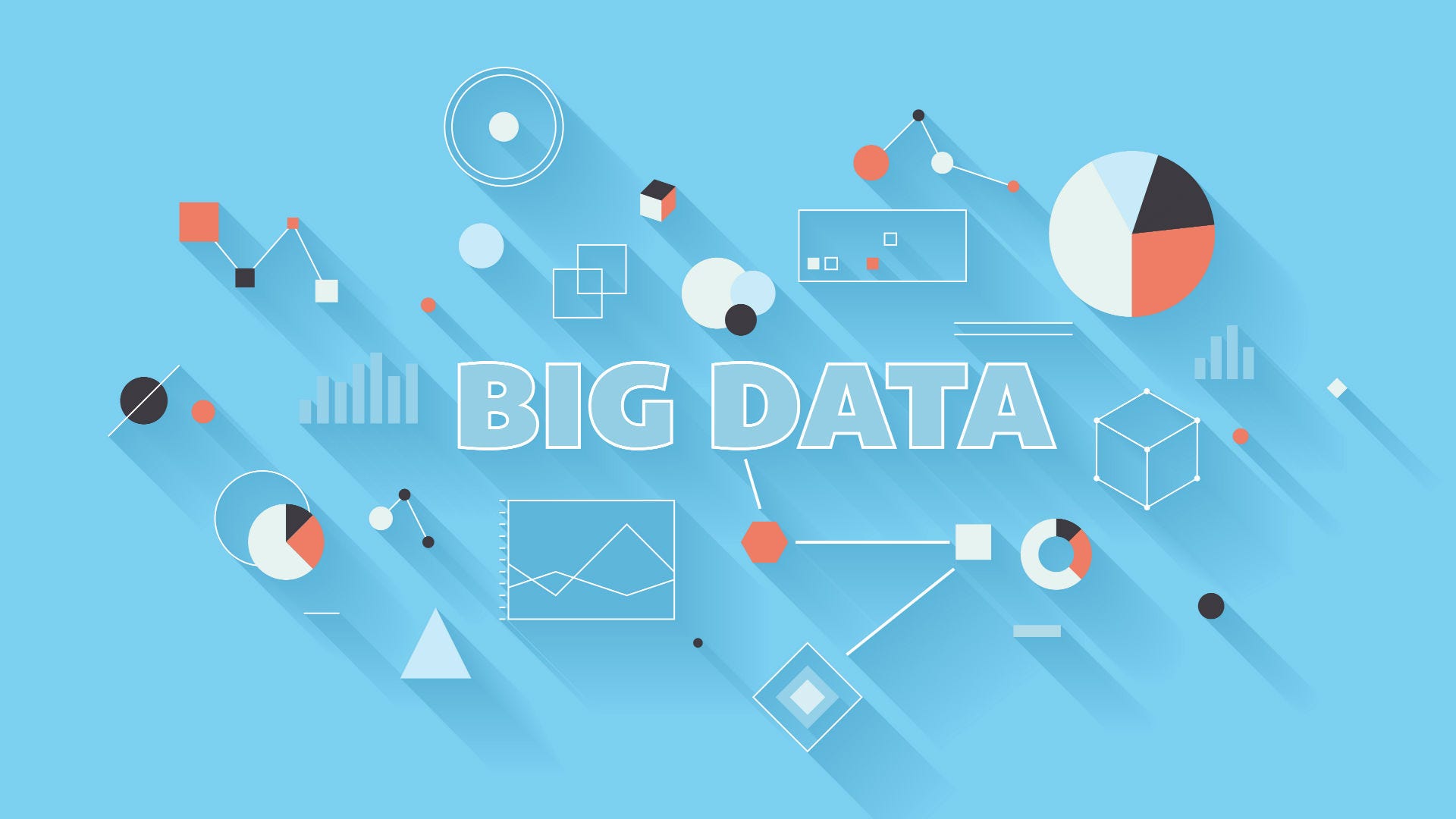Cloud computing has revolutionized the way we store, access, and process data. It refers to the delivery of computing services—including servers, storage, databases, networking, software, analytics, and intelligence—over the Internet (“the cloud”). This technology has transformed industries, empowering businesses and individuals alike.
Key Concepts in Cloud Computing
- Infrastructure as a Service (IaaS): Provides fundamental computing resources, such as servers, storage, and networking.
- Platform as a Service (PaaS): Offers a platform for developing, testing, and deploying applications.
- Software as a Service (SaaS): Delivers software applications over the internet, such as email, CRM, and productivity suites.
Benefits of Cloud Computing
- Cost-Effectiveness: Cloud computing reduces upfront costs and allows for flexible scaling of resources.
- Scalability: Businesses can easily scale their resources up or down to meet changing demands.
- Accessibility: Cloud services can be accessed from anywhere with an internet connection.
- Reliability: Cloud providers offer high levels of reliability and redundancy to ensure data security and availability.
- Security: Cloud providers implement robust security measures to protect data.
- Innovation: Cloud computing enables rapid innovation and experimentation.
Common Cloud Computing Use Cases
- Data Storage and Backup: Storing and backing up data in the cloud ensures data security and accessibility.
- Web and Mobile Applications: Developing and deploying web and mobile applications on cloud platforms.
- Big Data Analytics: Processing and analyzing large datasets to extract insights.
- Artificial Intelligence and Machine Learning: Training and deploying AI and ML models in the cloud.
- Internet of Things (IoT): Processing and analyzing data from IoT devices.
The Future of Cloud Computing
The future of cloud computing is bright, with ongoing advancements in technology and increasing adoption across industries. Some emerging trends include:
- Edge Computing: Processing data closer to the source to reduce latency and improve performance.
- Serverless Computing: A cloud computing model where server management is automated, allowing developers to focus on application development.
- Quantum Computing: Leveraging quantum mechanics to solve complex problems that are beyond the capabilities of classical computers.
As cloud computing continues to evolve, it will play a pivotal role in shaping the future of technology and business.










